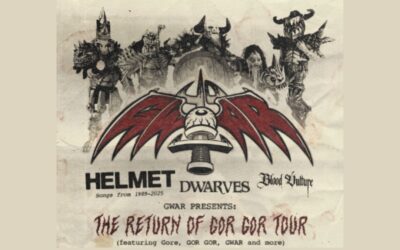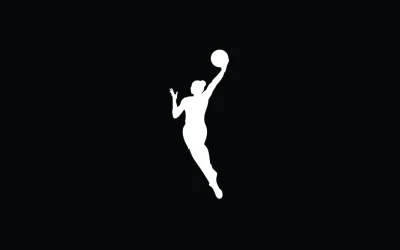The recent debate concerning Lana del Rey’s problematic performance on “Saturday Night Live” has raised some interesting questions about the expectation of live performance in a digitally perfected age.
Del Rey, a native of Lake Placid, NY, became an internet sensation last year with her video for the single “Video Games.” The clip received tens of millions of hits, and then a BBC D.J. Fearne Cotton stumbled upon it and started playing the song on his radio station in June 2011. The buzz continued as the performer showed up to sing at fashion events, but admitting that live performance was not her strong suit.
Cut to January, when del Rey’s appearance on SNL marked the first time a performer was booked before a debut album on a major label since singer-songwriter Natalie Imbruglia in 1998. This turned out to be a poor decision for the artist, as the performance met with negative criticism. According to music crtic Andrew Dansby of the Houston Chronicle, her voice sounded “flat and forced.” Perez Hilton tweeted that she had an “utter lack of stage presence.”
This performance followed a first, disappointing concert date in December at New York City’s Bowery Ballroom, at which she reportedly admitted to the crowd, “I have no time to practice, so I’m practicing with you.”
The SNL debacle led to del Rey’s decision to postpone a planned 30-date tour in support of “Born to Die,” her debut album released in January 2012. The official line, however, as stated by her representative, is that the artist is too busy promoting her album in Europe and actually had intended to tour North America in the fall anyway.
Whatever the reason, del Rey certainly took a hit from the effects of a bad live performance. And in these days when auto-tuning and editing can make a singers sound like they never could on stage, a question emerges: will technology kill the radio star, or at least their touring receipts?
Will Flaherty, Director of Communications for ticket search engine SeatGeek, reports that the website has seen no significant changes in del Rey’s ticket sales since her SNL appearance, though he acknowledges that the site does not have much data on trends for the singer at this time.
Back in 2010 the concert touring industry suffered a big drop in revenue with Pollstar reporting combined grosses for the top 100 North American tours for the first half of the year dropping by nearly $200 million over the same period in 2009. The 17 percent decline was a major change over previous years, when the industry had seemed impervious to recessionary effects.
This particular dip was easily explained by the economic climate of the time and the expectation that, sooner or later, it would affect the concert industry. Things improved for the first half of 2011, but by year’s end, revenue was more or less at the same levels as in 2010, with top artists performing less dates and performing them in smaller venues.
A decline in ticket sales that is directly connected to audience preference for recorded performance would be trickier to tease out from the numbers, but recently Flaherty has seen some data that may indicate such a connection.
“One of the more interesting trends we’ve seen in the concert space in the past year or so is the massive growth in popularity (and price) of electronic music shows from performers like Skrillex, Deadmau5, Pretty Lights and similar artists. With these performers, the concert effectively sounds almost exactly like the recording — which fans know — yet they still will pay a premium to see these artists essentially “press play” live and in person.
“In theory, the music quality would be the same as what you might get sitting in your house, but the whole experience of being there in person, the crowd, lights, going with friends and the like is additive to the experience and really helps to evolve these shows into a compelling draw at the box office.”
If these numbers do in fact reflect audience desire for the atmosphere of the live performance, what does that say about the future of the less tech-laden performance? Will fans put up with a del Rey for the sake of being with friends, or is there some higher level of competence they expect from a performer in order to make it worth their while? As music gets more programmable and music performance more predictable, fans may just answer these questions with their wallets.
And in the end, del Rey may be getting the last laugh, with “Born to Die” hitting at No. 2 on U.S. charts (and No. 1 in Europe) soon after its release. Bad publicity is still publicity.



